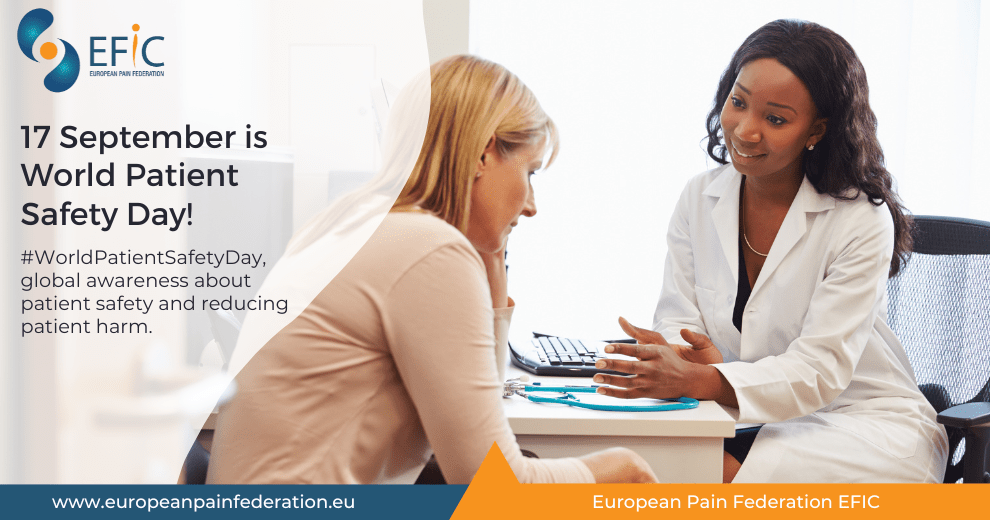World Patient Safety Day, observed annually on 17 September by the World Health Organisation (WHO), aims to raise global awareness about patient safety and call for solidarity and united action by all countries and international partners to reduce patient harm. This year’s campaign is entitled “Get it right, make it safe!” emphasising the importance of correct and timely diagnosis in improving patient safety.
Diagnostic errors and patients’ wellbeing
According to the WHO, Diagnostic errors account for 16% of preventable patient harm and are common in all healthcare settings. Diagnostic errors can include missed, incorrect, delayed or miscommunicated diagnoses, worsening patient outcomes, possibly leading to major complications and increased healthcare costs.
For these reasons, the objectives of this campaign include:
- Raise global awareness of errors in diagnosis that contribute to patient harm.
- Give prominence to diagnostic safety in patient safety policy and clinical practice, aligned with the Global Patient Safety Action Plan 2021–2030.
- Foster collaboration among policymakers, healthcare leaders and workers, patient organisations, and other stakeholders in advancing correct, timely and safe diagnosis.
- Empower patients and families to actively engage with health workers to improve diagnostic processes.
The European Pain Federation (EFIC), through the Societal Impact of Pain (SIP) platform, has worked to on the 11th revision of the International Classification of Diseases (ICD-11) for the last couple of years. ICD-11 is the first classification system to include a systematic representation of chronic pain and it has meaningful consequences, such as improving the recording and reporting of pain diagnoses in a standardised format; supporting the development of effective interventions; and facilitating the access to precise information on costs, treatments and on the societal impact of pain, shaping therefore public health policies and campaigns.
Sip’s work on ICD-11 include the following initiatives:
- SIP’s position paper on ICD-11.
- SIP’s leaflet on ICD-11.
- SIP’s 2022 multi-stakeholder event on ICD-11 (report; summary and recommendations).
- SIP success in including a reference to an International Classification System in the European Health Data Space Regulation.
The patient-friendly version of the European Clinical Practice Recommendations on Opioids for Chronic Non-Cancer Pain, developed by Pain Alliance Europe (PAE) with EFIC’s support, is now also available! Read it here.
If you wish to educate yourself further, find out more about the #EFICAcademy, our main resource for pain education, featuring many sessions for physicians on our education platform.
Learn more about the World Patient Safety Campaign here.
